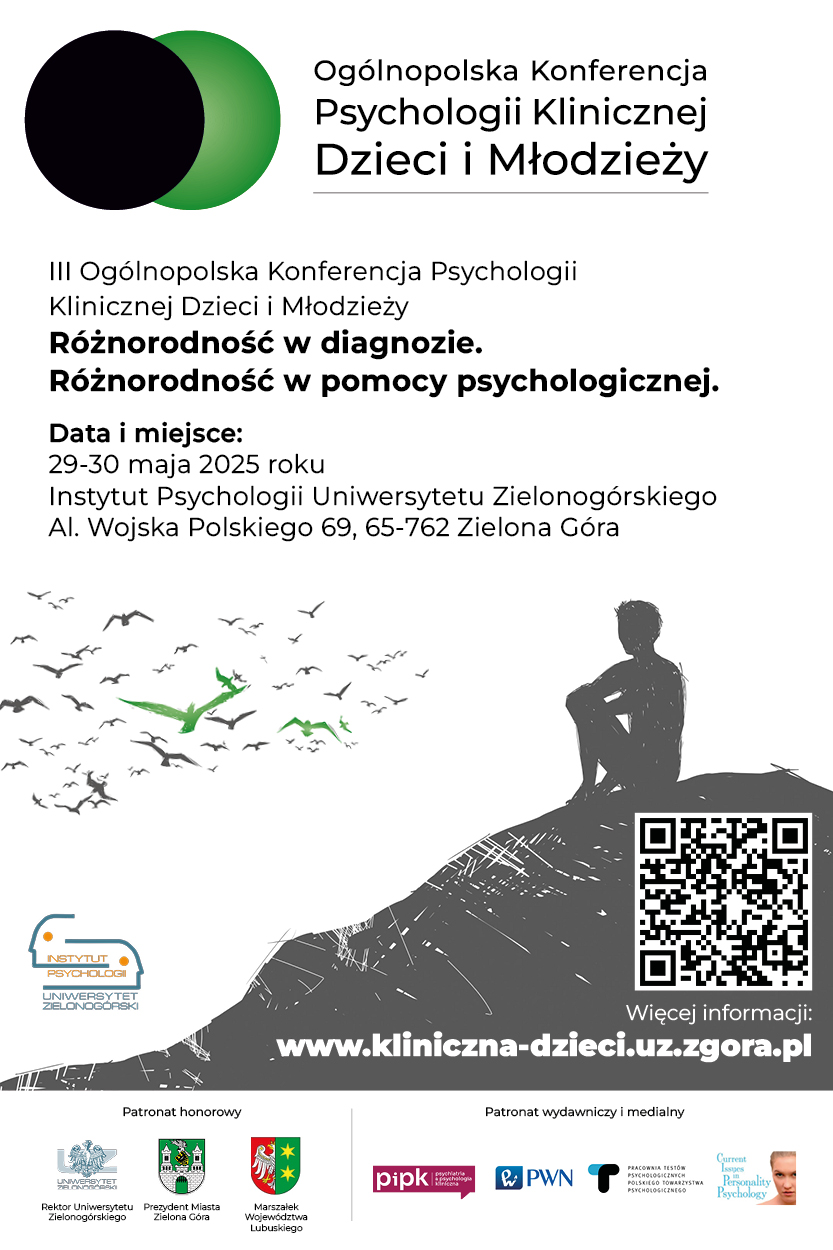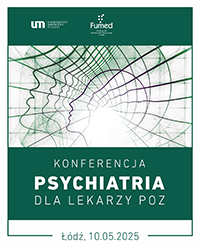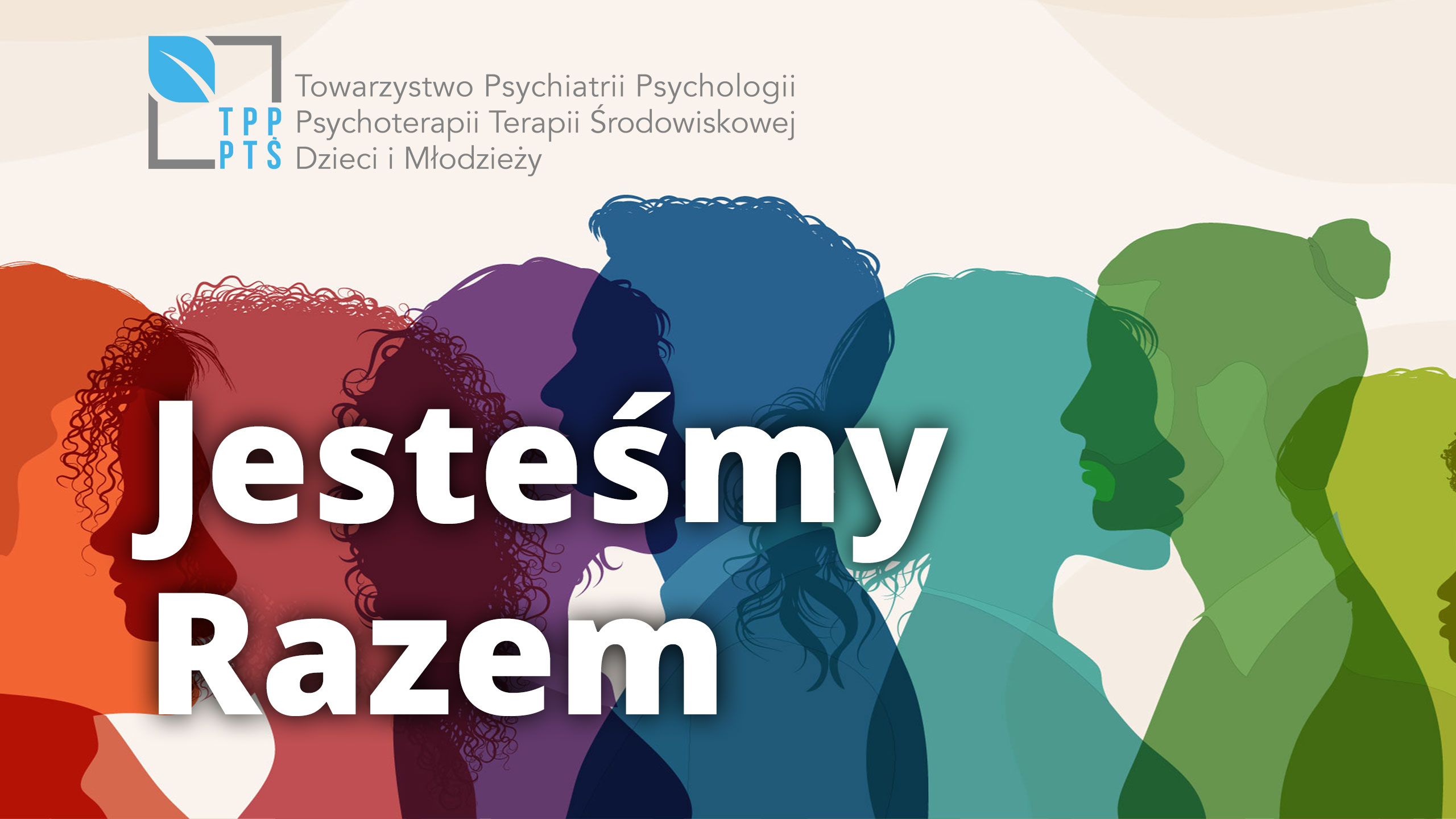Difficulties in communication with a patient with Alzheimer’s disease
Marta Makara‑Studzińska1, Katarzyna Gustaw2, Karolina Kryś1
 Affiliacja i adres do korespondencji
Affiliacja i adres do korespondencjiAlzheimer’s disease involves a progressive disintegration of the brain in the clinical picture of dementia. In addition to explicit memory loss, problems with thinking, language functions, emotional life, logical reasoning. As the disease progresses the patient is completely lost in the environment and can not use speech. As a result, there are problems in communicating with the environment. The aim of this study was to create a profile of language impairment in subsequent stages of Alzheimer’s disease. The research tool was a questionnaire anABC designed by the author. The survey anABC was designed and named to evaluate the efficiency of language and communication. To assess the level of cognitive impairment scale was used Mini‑Mental State Examination (MMSE). The study group comprised 32 patients with Alzheimer’s disease and 32 caregivers. Patients in the first stage of the disease have the greatest difficulties in terms of pragmatics, content and semantics – the meaning of individual words. The greatest difficulty for patients in the second stage of the disease was the understanding and interpretation of expression depending on the context, then the content and meaning of individual words. There was also minor difficulties with the syntax. In the third stage of the disease, the greatest difficulty equally represented: pragmatics, and semantics of the contents, effia somewhat smaller barrier was the syntax, but there were also phonetic difficulties. The largest group of patients with Alzheimer’s disease were patients with significant impairment in interpersonal communication. There is an urgent need to educate caregivers of persons with Alzheimer’s disease in the field of communications.






















